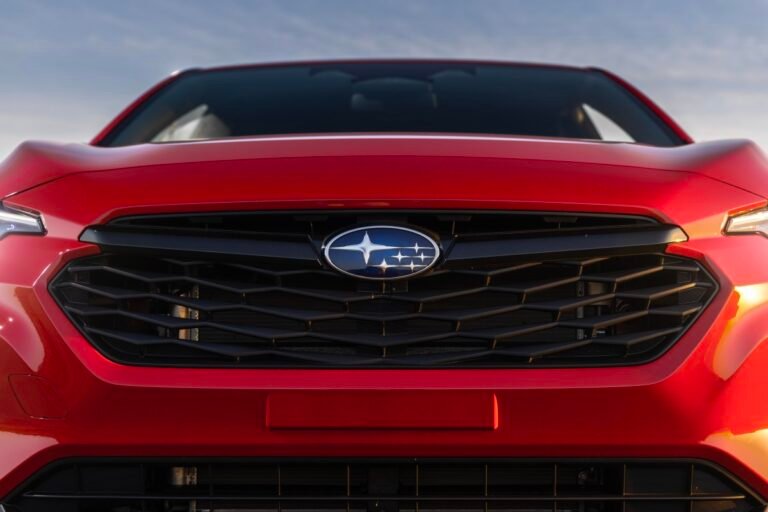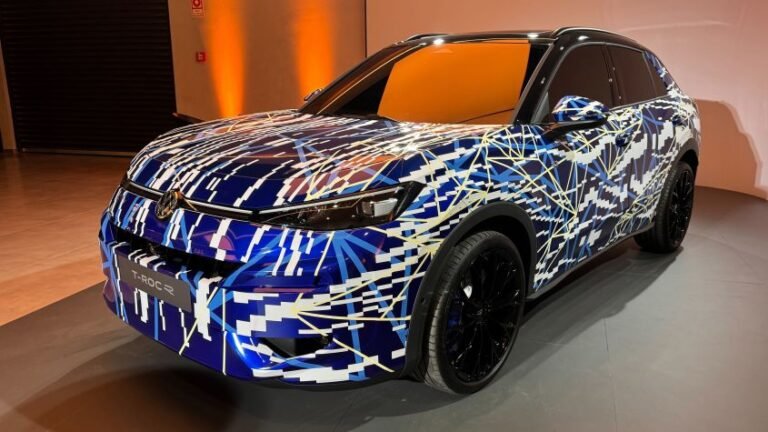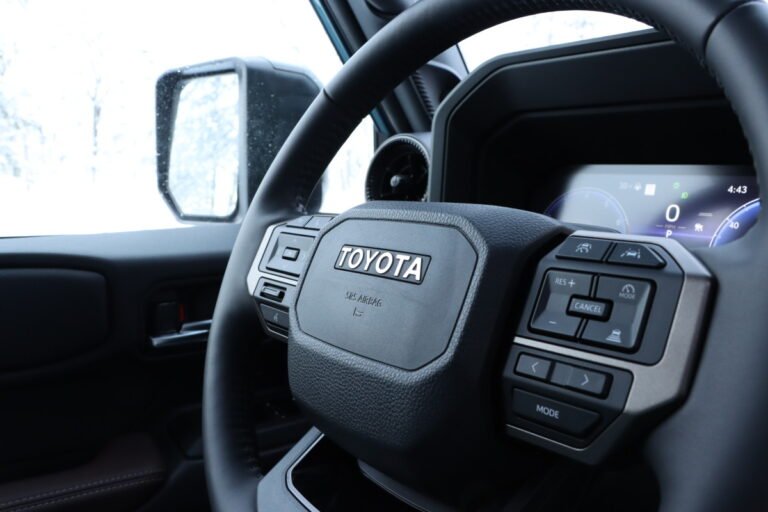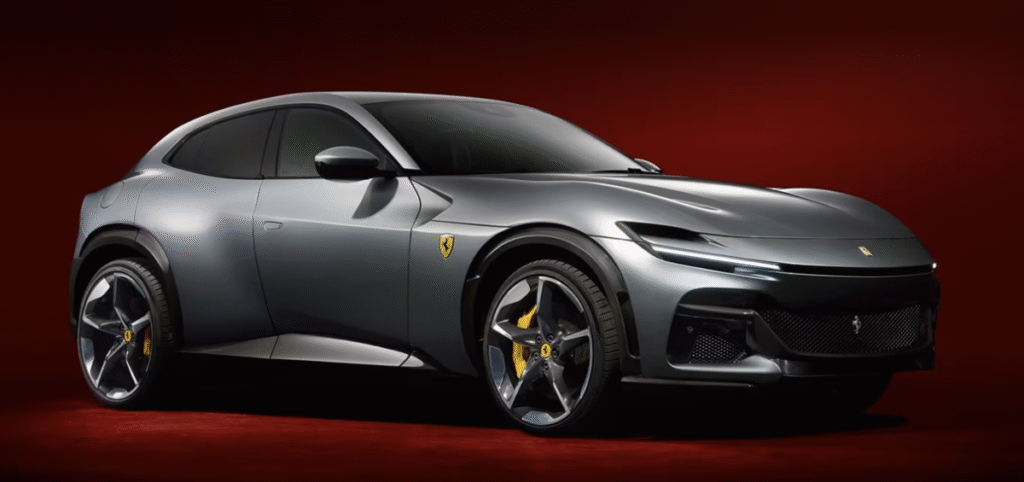
EV Sales Are Up 25%—So Why Does Everyone Think They’re Dying?
You keep seeing headlines that EV demand is fading. The math says the opposite. Global electric car sales topped 17 million in 2024, more than 20% of all new cars sold, and they grew by more than a quarter in a single year, according to the International Energy Agency’s latest Global EV Outlook. That is less a stall and more a market still pulling hard.
So why are some of the flashiest badges on earth acting like the party is over? When Ferrari, Porsche, and Toyota move, they are not thinking about Twitter takes. They are thinking about what you and your wallet will do over the next decade.
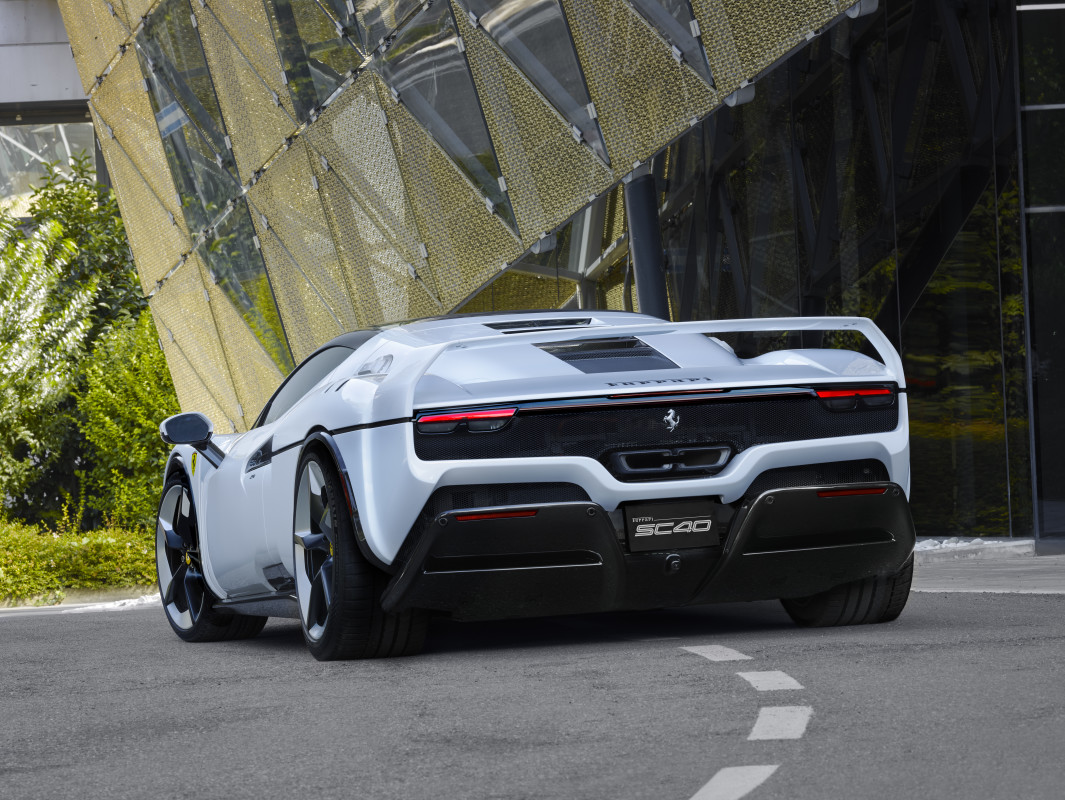
Ferrari
Ferrari Just Cut Its EV Plans in Half (But It’s Not What You Think)
Ferrari has finally shown the hardware for its first electric car, the Electtrica, with customer deliveries planned from late 2026. At the same time, it told investors that by 2030 only about 20% of its lineup will be full electric, with 40% hybrid and 40% still pure internal combustion, down from an earlier plan that gave EVs a 40% share. That cut was spelled out clearly when Ferrari revealed the Elettrica and its new targets at Maranello.
For you, that move is loud. Ferrari is not chasing the EV volume game. It is protecting the theater: V-12 shriek, gear changes, the whole ritual. The brand is happy to sell one electric car to show it can do the tech, while keeping most of the range turbocharged and emotional for buyers who care more about sound than charging speed.
Porsche Quietly Walked Back Its 80% EV Target
Porsche used to talk about more than 80% of its sales being all-electric by 2030. In 2024 it softened that goal. The company now says it could reach 80% by 2030 only if demand and the wider EV market support it, and it openly admits the transition is taking longer than it thought a few years ago, as covered in a 2024 Reuters update.
That hedge matters. For you, it means Porsche still wants to push cars like the Taycan, but it is keeping plenty of turbocharged and twin-turbo gasoline hardware alive, helped by plug-in hybrids and talk of e-fuels. While EV sales keep stacking up worldwide, Porsche is making sure the 911 and its friends are not forced off the road by a single over-optimistic promise.

The chart shows you the changing share of global new car sales between EVs and ICE vehicles from 2015 to 2030. The blue line shows EVs rapidly gaining market share, while the yellow line tracks the drop in ICE vehicle sales; they’re speeding up, with a sharper decrease each year. The key callouts highlight major automaker strategies and target shifts, clearly showing the accelerating transition toward electric mobility, but new skepticism of these luxury sports brands.
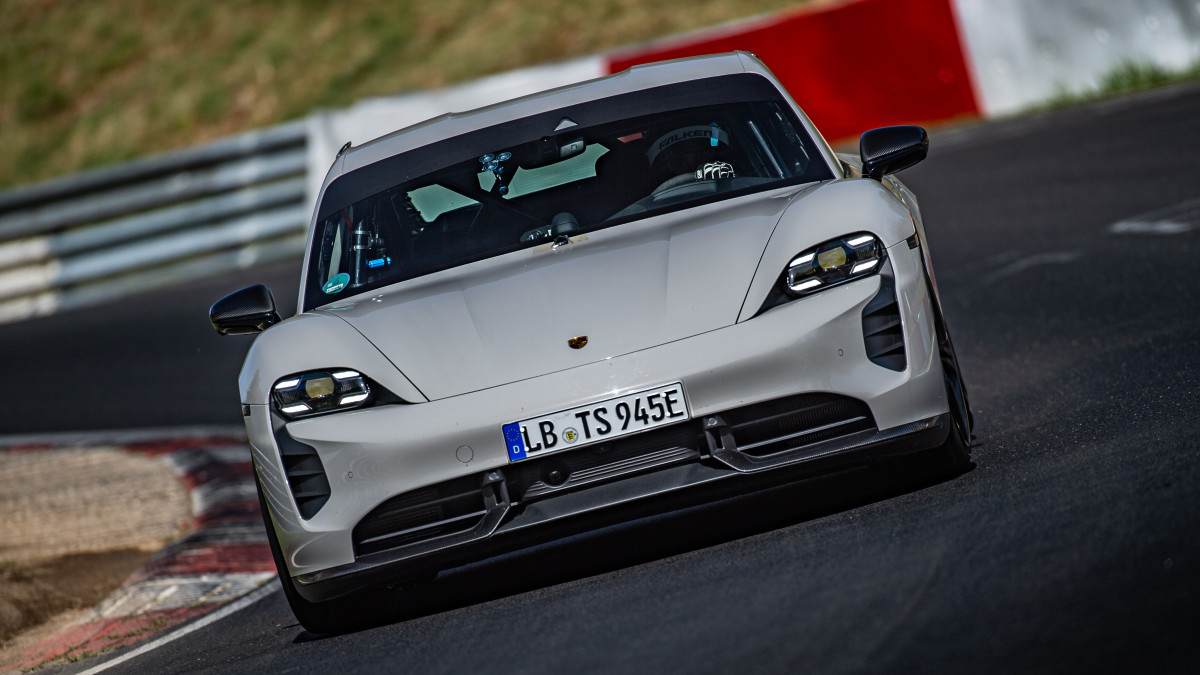
Toyota’s Playing It Safe (And It Might Be the Smartest Move)
Toyota watched the same EV boom and picked a calmer play. The company talks about battery EVs, plug-in hybrids, regular hybrids, and hydrogen fuel-cell cars as a “multi-pathway” way to cut emissions, spelled out in its own multi-pathway strategy. That means different drivetrains for different markets, from cheap hybrids in cities with weak charging to full EVs where plugs are everywhere.
For you, this is the most practical move of the three. Toyota is not shorting the EV market at all; it is filling in the gaps around it. You get strong fuel economy today, with a steady ramp of EV options tomorrow, instead of an all-or-nothing push that leaves you stuck if the charging map near you still looks spotty.
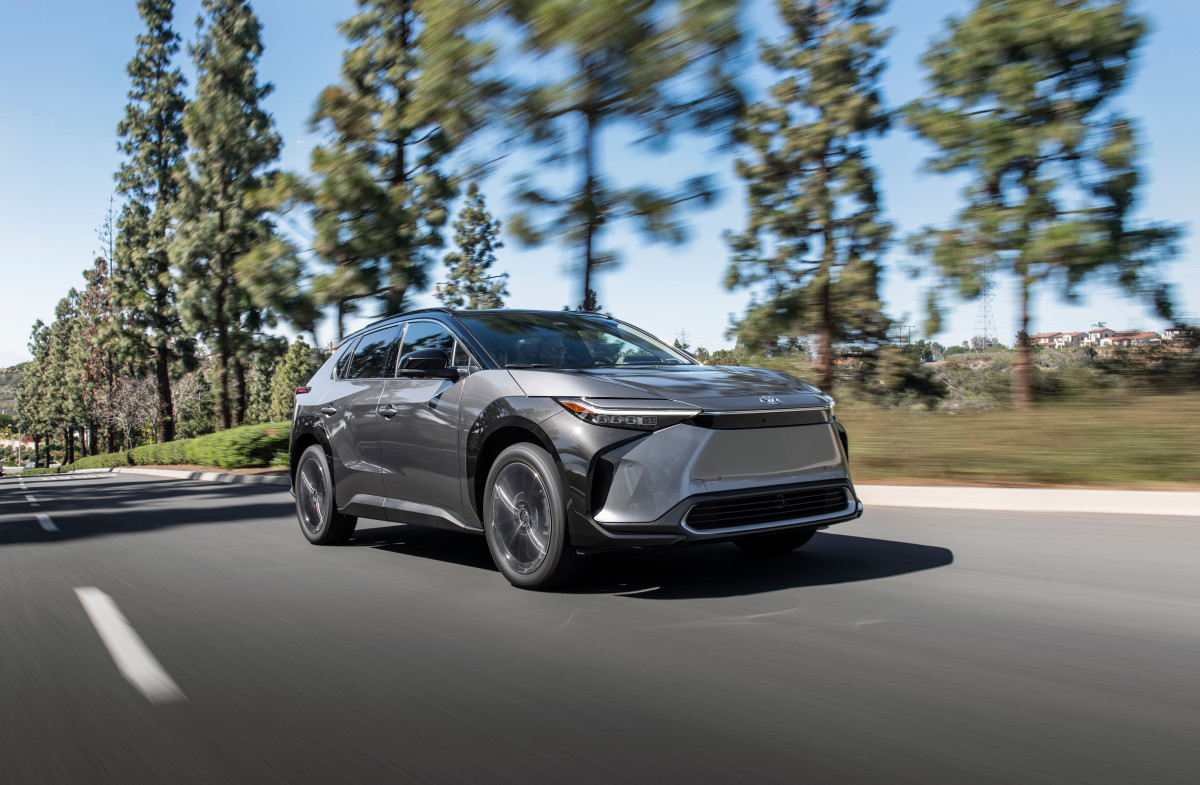
The Bottom Line: EVs Are for Daily Drivers, Gas Is for Dream Garages
Ferrari and Porsche are not signs that EVs are dying. They are signs that the last, loud corner of the market wants to stay loud. EV sales are growing fast; family crossovers, commuter sedans, and daily trucks are sliding toward electric power because it is quicker, smoother, and cheaper to run once you live with it.
What these brands are really telling you is this: your next everyday car is still very likely to be an EV or a hybrid, built for range, comfort, and running costs. The gas engines that survive will live in fantasy garages, fed by e-fuels and nostalgia, driven by people who want the full soundtrack no matter what the EV charts say.
Meta description (≤160 chars): EV sales are booming, but Ferrari and Porsche are backing off bold EV plans while Toyota stays steady. Here’s what that shift means for you.

